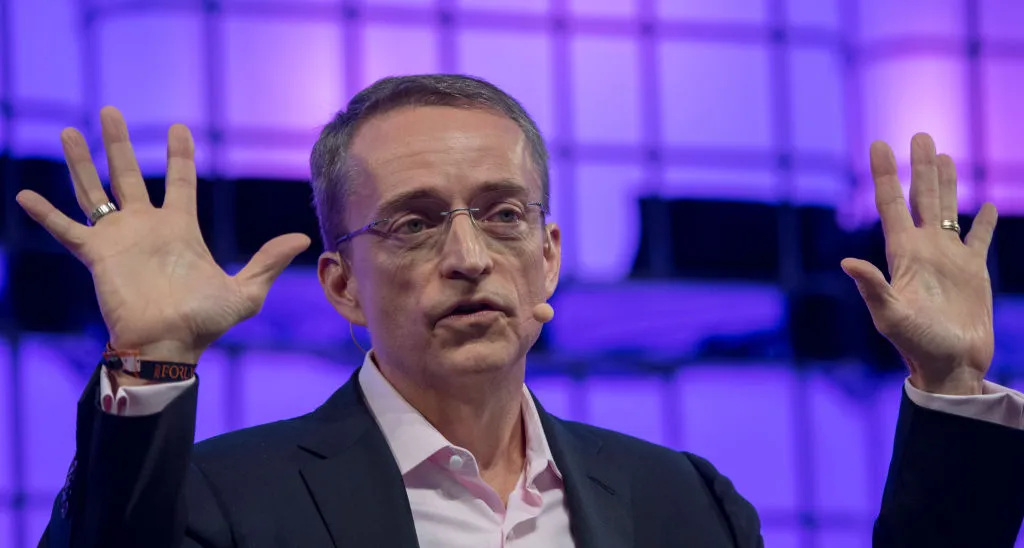
After stepping down from Intel in December, former CEO Pat Gelsinger is turning his attention to a very different kind of mission—guiding AI toward supporting human well-being.
Instead of diving into another corporate role, Gelsinger is teaming up with Gloo, a “faith tech” startup he quietly backed nearly a decade ago. Together, they’ve just launched a new tool called Flourishing AI (FAI)—a benchmark designed to evaluate how well large language models (LLMs) align with human values that actually matter.
The FAI benchmark doesn’t just test whether an AI can give the “right” answer—it digs into whether those answers help people thrive. It’s grounded in the Global Flourishing Study, a research initiative by Harvard and Baylor University, which measures human well-being across the globe.
Gloo adapted six key dimensions from that study: character and virtue, close social relationships, happiness and life satisfaction, meaning and purpose, mental and physical health, and financial and material stability. Then, they added a seventh: Faith and Spirituality—a topic often overlooked in mainstream tech assessments.
The result is a multi-layered evaluation tool that prompts AI models with questions meant to explore how their responses reflect or promote these aspects of flourishing. It’s not just about preventing harm or bias—it’s about measuring whether AI is a force for human good.
Gelsinger, who describes himself as someone who has “lived at the intersection of faith and tech” for his entire life, believes the industry needs tools like FAI now more than ever. As AI systems become more deeply embedded in our daily decisions and emotional lives, the values they carry—or ignore—will matter more than their technical sophistication.
Through FAI, he hopes to re-center the AI conversation around people, purpose, and flourishing.






